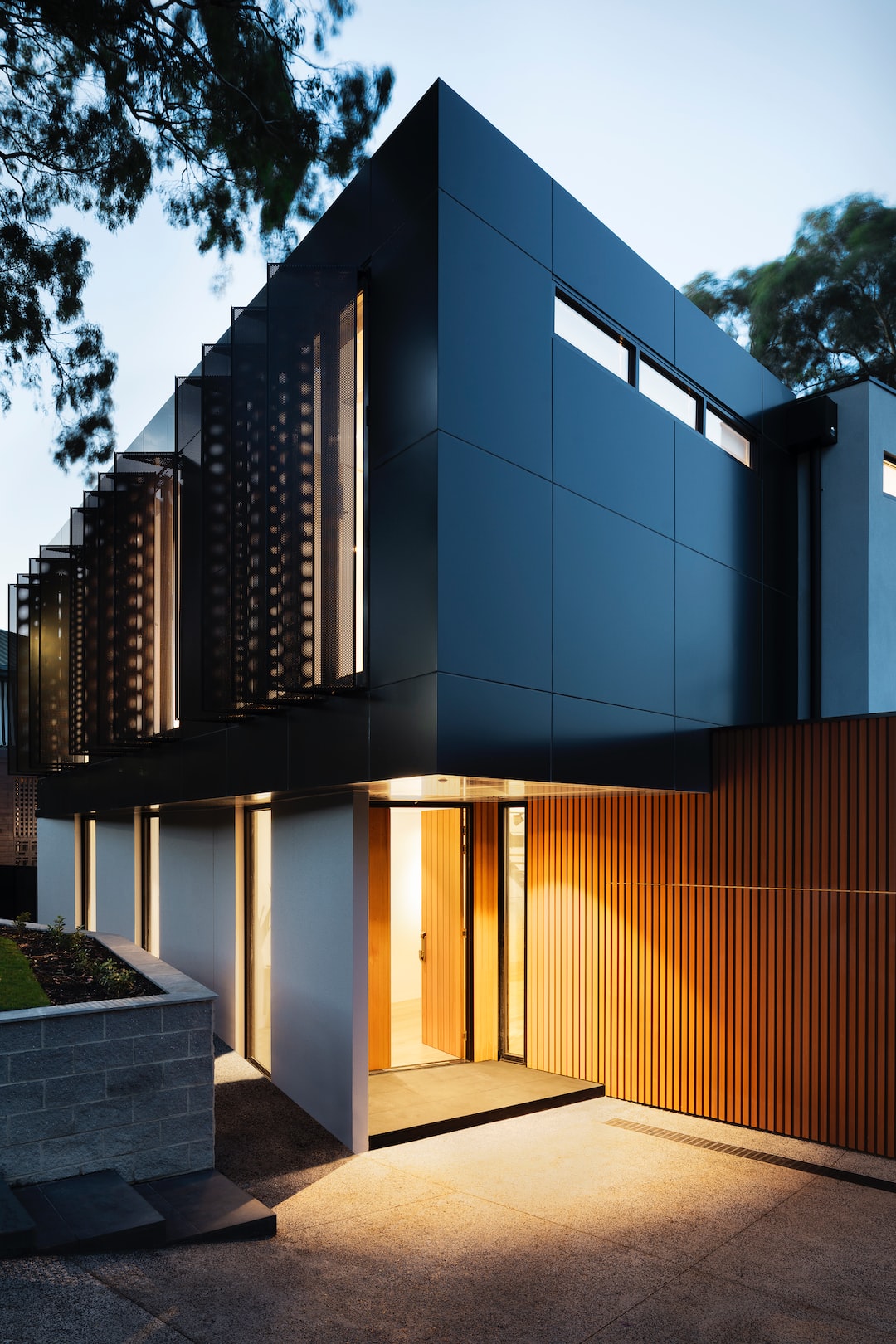When it comes to buying a property, one of the options that is often considered is purchasing a fixer-upper. These are properties that require significant renovations or repairs but are usually listed at a lower price compared to move-in ready homes. While this option may seem like a great opportunity to save money and create your dream home, it is important to consider the pros and cons before making a decision.
One of the main advantages of buying a fixer-upper is the potential for a higher return on investment. By purchasing a property at a lower price and investing in renovations, you have the opportunity to increase its value significantly. This can be a smart financial move, particularly if you are willing to put in the time and effort required to complete the renovations yourself. In addition, by taking on the renovations, you have the ability to customize the property to your liking and create a home that reflects your personal taste.
Another advantage of buying a fixer-upper is the opportunity to gain valuable experience and learn new skills. Renovating a property involves making decisions related to design, material selection, and problem-solving. Taking on this project can be a great way to develop your handyman skills and increase your knowledge of home improvement. In addition, you may also get the chance to work with professionals such as contractors and architects, allowing you to learn from their expertise.
However, there are also some downsides to buying a fixer-upper that should be carefully considered. One of the main challenges is the time and effort required for the renovations. Depending on the extent of the work needed, it could take months or even years to complete. This can be particularly challenging if you are juggling a full-time job or have other commitments. In addition, unexpected costs can arise during the renovation process, which can quickly eat into your budget. It is important to have a contingency plan and be prepared for any unforeseen expenses that may arise.
Another potential disadvantage of buying a fixer-upper is the stress and uncertainty that comes along with the renovation process. Renovations can be messy, disruptive, and can often uncover hidden problems that were not initially apparent. It is important to have a realistic understanding of what you are getting into before purchasing a fixer-upper. This includes doing a thorough inspection of the property and consulting with professionals to fully understand the scope of the renovations required.
In conclusion, buying a fixer-upper property can be both a rewarding and challenging experience. It offers the opportunity to save money and customize a home to your liking, while also providing the chance to gain valuable skills and potentially increase the property’s value. However, it is important to carefully consider the time, effort, and potential costs involved in the renovation process. By weighing the pros and cons, you can make an informed decision on whether a fixer-upper property is the right choice for you.

